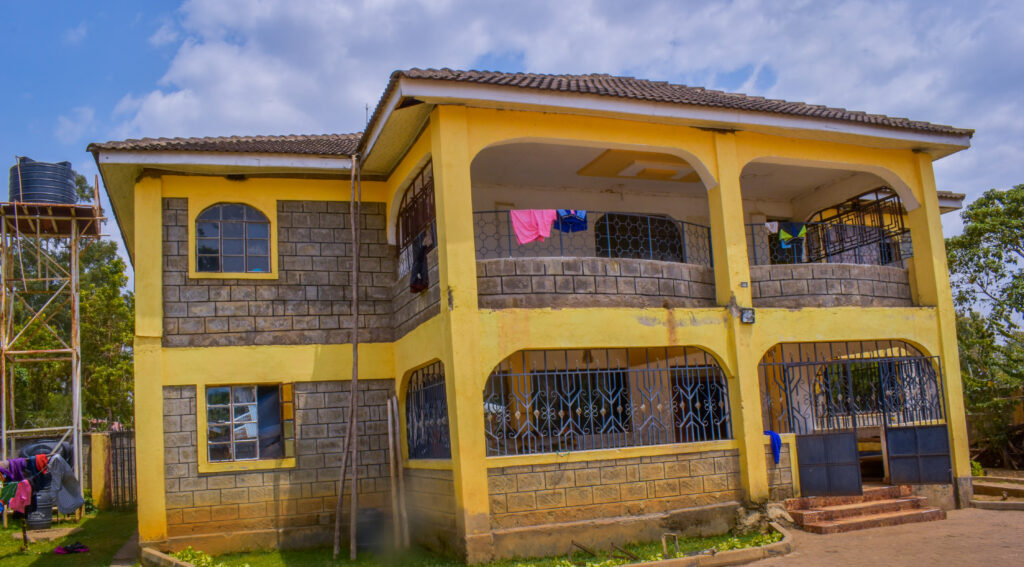It is Wednesday mid-morning, and Bungoma Airstrip playground is a beehive of activities.
Teenagers and young adults are organizing themselves, ready for a football match, some holding bottles with sniffing glue.
Upon inquiry, we are directed to the Restoration of Hope Ministries International center in Sikata area, about four kilometers from the grounds.
Here, we meet Pastor Joseph Mukolwe who reveals that this is home to 30 boys he saved from the streets of Bungoma.
“This is my calling. I have a lot of love for street children,” he says.
He reveals that one night in 2002, while he was an Associate Pastor in Mumias, he had a dream. He saw himself helping out children trapped in a dumping hole in the dream.
Just like that, the idea sparked. Around that time, he met his wife and soon afterward proposed for marriage.
Interestingly, the wife had interest in children.
“I usually say all these were meant to be the path I would take because I also met with a man of God in Sirisia, and he made a revelation to me in which he encouraged me to start a church and care for the street children,” he informs.
He first started interacting and getting closer to street children in 2009. He narrates how at one time, he witnessed a scuffle between a dog and a street child fighting over leftovers that had been dumped from a local restaurant.
“That incident moved me into tears. An innocent child was out there fighting for food remains with a dog,” he explains.
In 2014, he made a bold decision of taking the boys off the streets and taking them to school. He started off with two boys. By 2015, he had pulled 12 boys from the streets and facilitated them to join various primary learning institutions.

“The year 2015 was a good year because we established networks and found a few good friends who helped us secure this care center,” he explains.
He says that the most significant reason why the children leave their homes homes into the streets lies with family issues, especially where step-parents are involved.
“More than 70 per cent of the children on the streets can attribute their escape from their homes to harsh parents and cruel step-parents,” he explains.
“Therefore, to reduce the number of street children requires that we as a society be more keen about the welfare of children, especially after they lose their parents,” he remarks.
Midway through our interview, one of the boys, a high-school student at Maliki High School, is returning to school after taking sick leave.
The funny, welcoming, lively, and fatherly pastor exchanges a few words before he sees him off. Clearly, they have established a bond the streets had denied these children.
After he leaves, we ask why he does not have ladies and girls in his support.
“There are no female street children in Bungoma presently. We believe it is because girls tend to get more support such that by the time the boys are getting to the streets, the girls will already have been taken up by some relative or well-wisher,” he explains.
Restoration of Hope Ministries is currently home to 30 boys, half of whom are in high school.
Our youngest boy is 11 years while the eldest four are Kenya Certificate of Secondary Education (KCSE) examination candidates in this year,” he explains.
The center’s impact is now being felt in neighbouring towns, with some children from the neighbourhoods find their way to Bungoma, and into the centre.
“While this is a good thing, we find it difficult to support every child in the streets because of inadequate resources,” he explains.
He explains that if resources were adequate, he would set up a permanent home with a larger capacity and a technical skills training area.
